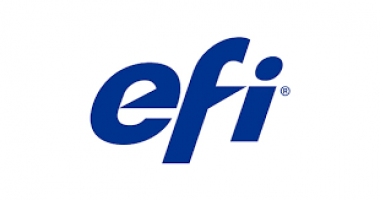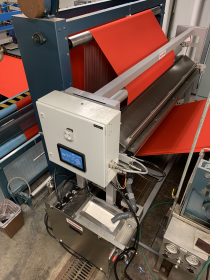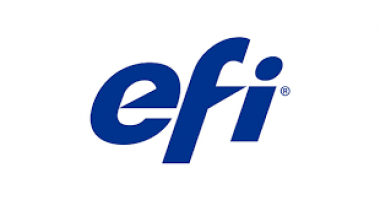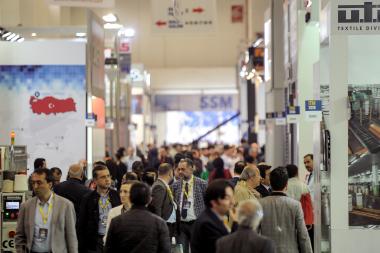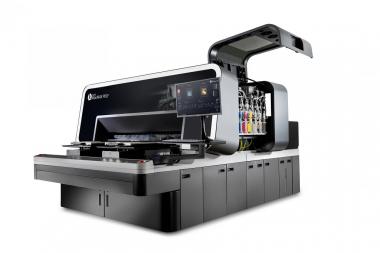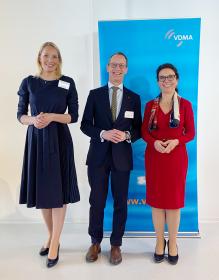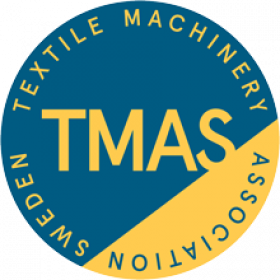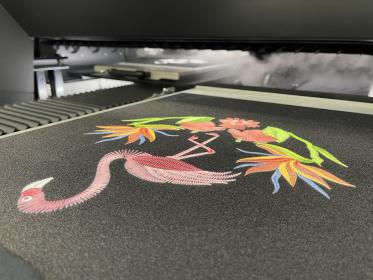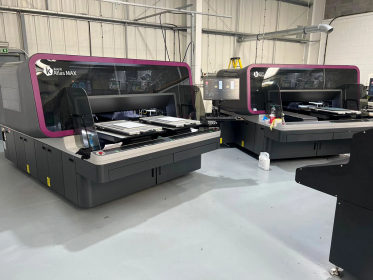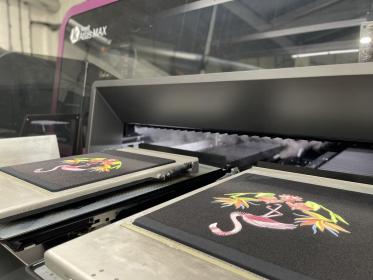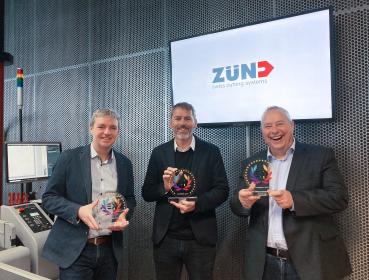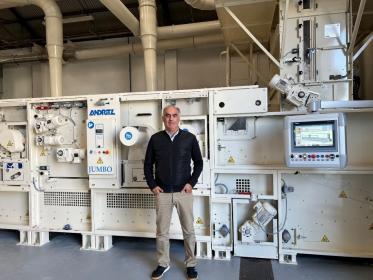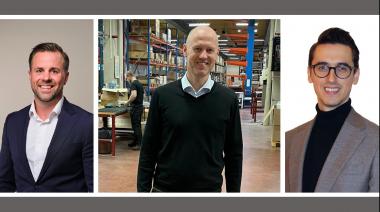EFI™ Reggiani: New textile campus to accommodate ongoing growth
EFI™ Reggiani, the industrial textile printing business of printing technology company Electronics For Imaging, Inc. (EFI), has broken ground on a new textile campus to accommodate ongoing growth. The new 20,000-square-metre campus in Comun Nuovo, Bergamo, Italy, is expected to be completed midyear in 2023.
Sustainability and employee well-being at the centre
The new facility was designed with environmental sustainability and employee well-being in mind. That focus includes plans to install 400 kilowatts of solar panels supplying 60% of the facility’s total energy requirements. Moreover, the building will benefit from superior thermal insulation that will ensure a reduction in heating and cooling costs. Numerous skylights in the facility will provide better natural lighting and a reduction in artificial lighting usage.
Green space on the campus was a priority in the design process, covering an estimated 20% of the total area. For a more welcoming work environment, the campus will also feature a canteen and gymnasium for employee use.
A 3,000-square-metre demo centre in the new facility will be nearly twice as large as the current EFI Reggiani demo centre in Grassobbio, Italy, offering a high-end, high-tech showcase for state-of-the-art EFI Reggiani printers, as well as Mezzera pre- and post-treatment and Jaeggli yarn treatment products. The demo centre will also feature EFI Reggiani’s recently acquired portfolio of Inèdit raster image processing (RIP) and workflow software solutions.
Transforming the textile industry through innovation in green
Since the launch of its first analogue printer, to its newest digital solutions, EFI Reggiani has at its core a heritage and expertise that have contributed to the transformation of the textile industry worldwide. With its total commitment to providing “Innovation in Green,” EFI Reggiani’s leadership is the result of extensive research targeted at improving productivity, quality and sustainability in its customers’ operations. The company is focused on optimising the textile manufacturing process – and reducing energy use, water consumption and overall environmental impact – to ensure customers’ business growth and profitability.
Over the years, EFI Reggiani’s product portfolio has continued to expand, ranging from rotary and flatbed printing machines, to scanning/multi-pass digital printers, to fast digital textile printers.
EFI









